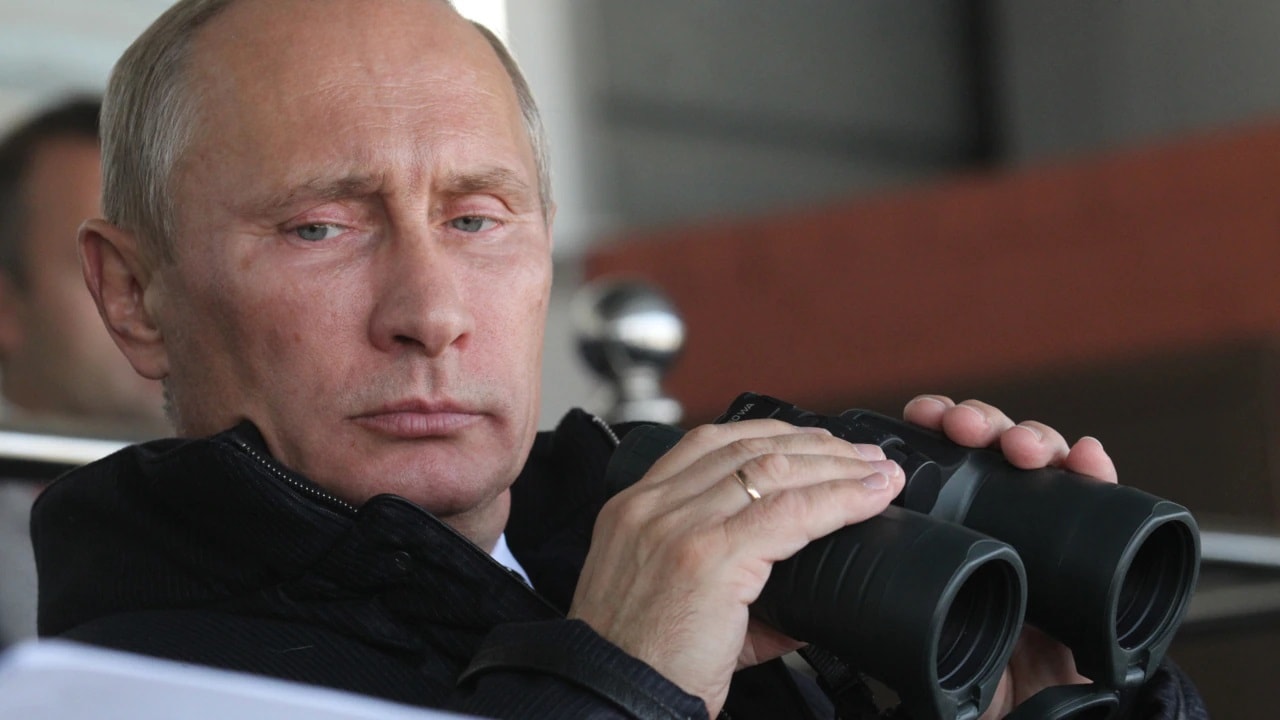Russia and Ukraine both confirmed on Tuesday that peace talks had been suspended over a lack of progress. Russia accused Ukraine of hardening its stance in the talks and bemoaned the continued supply of weapons and supplies to the country from NATO. With the military campaign in the east of Ukraine struggling, however, Ukraine likely knows it is only a matter of time before Russia needs to change tactics or withdraw yet more troops.
Peace talks formally began on February 28, four days after the Russian invasion of Ukraine began. The peace talks were first held at the Ukraine-Belarus border and were later facilitated by Turkey.
What Did Russia Say?
Russian Foreign Minister Sergei Kavrov said that a peace deal would not be possible if Ukraine attempts to “transfer the dialogue.” Kavrov suggested that Ukraine was shifting the focus of discussions to what NATO countries would like to see, rather than what Ukraine may be willing to concede to bring the war to an end.
“We always say that we are ready for negotiations, but we were given no other choice,” Lavrov said.
Russian Deputy Foreign Minister Andrey Rudenko also said on Tuesday that Ukraine had “practically withdrawn from the negotiation process.”
What Is Ukraine Saying?
Mykhailo Podolyak, an adviser to Ukrainian President Volodymyr Zelenskyy, confirmed that peace talks have been paused and suggested it was a result of Russia no longer having the upper hand in the war.
“Russia does not demonstrate a key understanding of today’s process in the world,” Podolyak said.
Ukrainian President Volodymyr Zelenskyy predicted in late April that peace talks would collapse. The Ukrainian leader blamed the Bucha massacre and other war crimes allegedly committed by Russian troops for the struggling negotiations at the time.
“The risks that talks will end are high because of what they [Russians] have left behind them, the impression that they have a playbook on murdering people,” Zelenskyy said.
Does Ukraine Have the Upper Hand?
With Russian troops being pushed back to the border by Ukrainian forces, and amid a missile shortage, it’s hard to imagine how Russia can win the war in Ukraine without outside assistance.
Ukrainian interior ministry adviser Vadym Denisenko claimed this week that Russian soldiers had been pushed back to the border in the country’s second-biggest city Kharkiv.
“It can no longer be stopped,” he said. “Thanks to this, we can go to the rear of the Russian group of forces.”
A video was also shared by the Ukrainian Ministry of Defense appearing to show Ukrainian soldiers at a border post over the weekend.
And while Russian troops have taken control of Mariupol, the promise of “liberating” the eastern regions of Donetsk and Luhansk has so far failed to materialize.
With the possibility of Ukraine winning this war very much on the cards, there is little reason for Kyiv to bend to Russia’s demands at this stage – and unless Russia’s fortunes change, further peace talks that focus on concessions from Ukraine seem unlikely.
Kyiv is even talking about reclaiming Crimea.
Jack Buckby is a British author, counter-extremism researcher, and journalist based in New York. Reporting on the U.K., Europe, and the U.S., he works to analyze and understand left-wing and right-wing radicalization, and reports on Western governments’ approaches to the pressing issues of today. His books and research papers explore these themes and propose pragmatic solutions to our increasingly polarized society.

